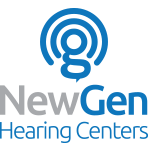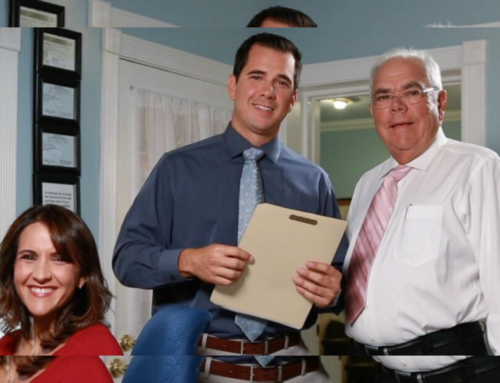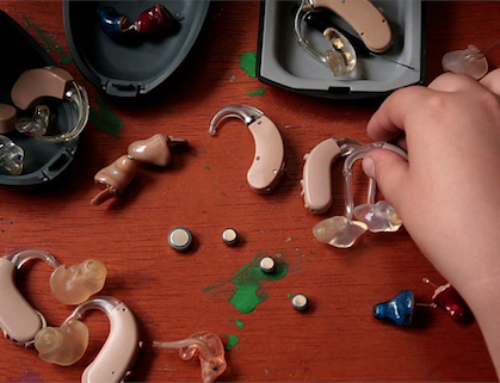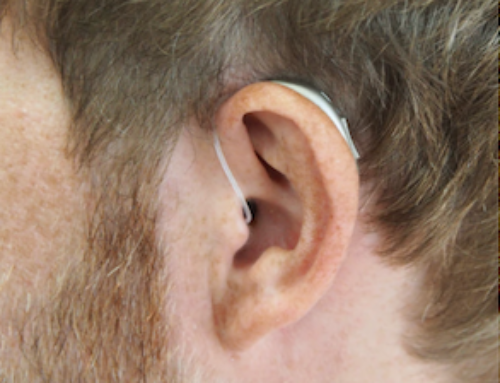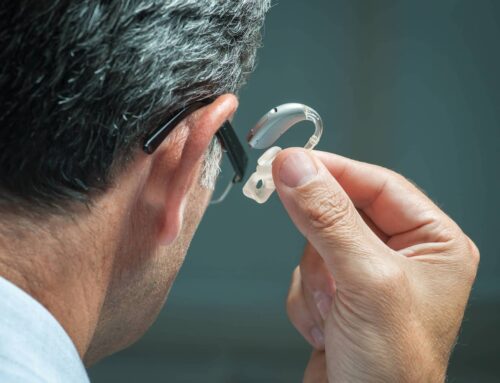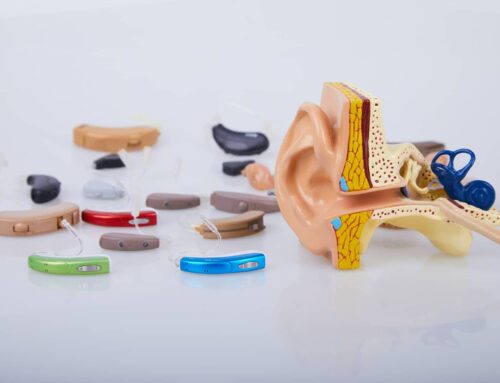 Audiologists use a variety of screenings and tests to confirm hearing loss. These tests not only detect loss of hearing, but also determine the type and amount of hearing loss a person is experiencing. The type of hearing loss test an audiologist administers is determined by the person’s age, ability, or symptoms the patient has already displayed.
Audiologists use a variety of screenings and tests to confirm hearing loss. These tests not only detect loss of hearing, but also determine the type and amount of hearing loss a person is experiencing. The type of hearing loss test an audiologist administers is determined by the person’s age, ability, or symptoms the patient has already displayed.
Auditory Brainstem Response (ABR)
The ABR testing method requires the person being tested to be connected to a computer through electrodes that are attached to the head and skin. When sounds are played, the computer will show if the person’s brain is showing activity in the auditory nerve which is an indication that the person is hearing the sounds.
Otoacoustic Emission (OAE) screening
Otoacoustic Emission screening is similar to ABR testing, in that it can determine hearing ability without verbal or physical response. However, instead of looking for brain activity, this test uses a tiny device that is placed in the ear and records sounds the inner ear makes in response to the sounds made by the test.
Behavioral Audiometry Evaluation
Unlike the previous tests mentioned, this type of hearing test requires active participation. For older children and adults, the response is usually raising a hand or pressing a button when they hear a sound. For smaller children, Conditioned Play Audiometry has the child do an action such as adding a block to a bin when they hear a sound.
Middle Ear Testing
Middle ear hearing tests are important because they can detect hearing loss stemming from problems like an ear infection. A problem in the middle ear will prohibit sounds from reaching your inner ear and brain. Hearing tests that evaluate the middle ear particularly, such as Tympanometry tests, Acoustic Reflex tests, and Static Acoustic Impedance, usually include inserting a probe or something similar into the ear. These tests measure vibrations, or other types of reactions in the ear, to sounds or checks to make sure the ear canal is clear for sound to move through.
If you have questions about hearing loss or feel you or someone you know may be experiencing hearing loss, contact New Generation Hearing Centers today for a free consultation!
